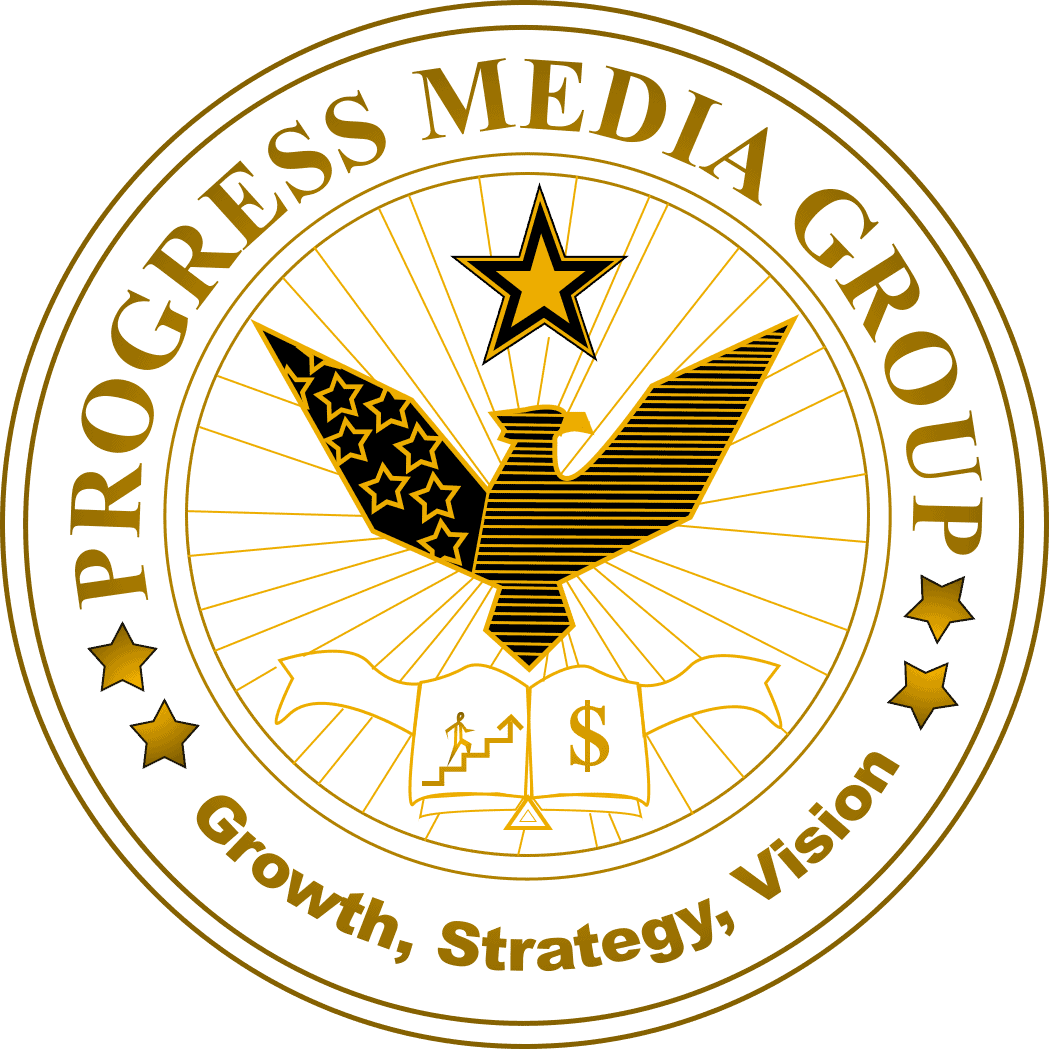Mastering the Art of PPC Campaign Management: Your Ultimate Guide
Imagine if you could crack the code to online advertising success. You know, that secret formula that propels your business to the top of search engine results and increases your conversion rates like never before. Well, get ready to unlock the key to digital marketing domination because in this ultimate guide, we’re going to take you on a journey through the intricacies of PPC campaign management. Whether you’re a newbie to the world of Pay-Per-Click advertising or a seasoned marketer looking to level up your skills, mastering the art of PPC campaign management is an essential step towards achieving your business goals. In this comprehensive guide, we’ll delve into every nook and cranny of PPC, unraveling the strategies and tactics that can skyrocket your online presence. But before we dive into the nitty-gritty details, let’s first paint a picture of what PPC campaign management truly entails. Pay-Per-Click, also known as PPC, is a digital advertising model where advertisers pay a fee each time their ad is clicked. These ads are displayed on popular search engines like Google, Bing, and Yahoo, as well as various social media platforms. PPC campaign management refers to the process of planning, creating, optimizing, and analyzing these campaigns to maximize their effectiveness and return on investment. So, why is mastering PPC campaign management so crucial? Well, imagine having the power to control who sees your ads, when they see them, and how much you’re willing to spend on each click. It’s like having your own personal marketing genie, granting your every wish for targeted website traffic and increased conversions. That’s the magic of PPC campaign management, and in this ultimate guide, we’ll equip you with the knowledge and skills to become a master in this captivating realm of digital marketing.
Understanding the Basics of PPC Advertising
Before we delve into the intricacies of PPC campaign management, it’s important to have a solid understanding of the basics of PPC advertising. As mentioned earlier, PPC stands for Pay-Per-Click, which is a digital advertising model where advertisers pay a fee each time their ad is clicked. This model allows businesses to display their ads on search engines and social media platforms, reaching a wide audience and driving targeted traffic to their websites.
One of the key components of PPC advertising is keyword targeting. Advertisers bid on specific keywords that are relevant to their products or services. When a user searches for those keywords, the ads are displayed on the search engine results page or social media platform. The position and visibility of the ads are determined by factors such as bid amount, ad quality score, and relevance.
Another important aspect of PPC advertising is ad copy creation. The ad copy should be compelling and click-worthy in order to attract users’ attention and entice them to click on the ad. It should also clearly communicate the value proposition and call-to-action.
Setting Clear Goals and Objectives for Your PPC Campaign
Before diving into creating your PPC campaign, it’s crucial to set clear goals and objectives. What do you want to achieve with your campaign? Are you looking to increase website traffic, generate leads, or boost sales? By defining your goals upfront, you can tailor your campaign strategy accordingly.
In addition to setting goals, it’s important to establish key performance indicators (KPIs) that will help you measure the success of your campaign. These KPIs could include metrics such as click-through rate (CTR), conversion rate, cost per acquisition (CPA), return on ad spend (ROAS), and more.
Conducting In-Depth Keyword Research
Keyword research is a crucial step in PPC campaign management. It involves identifying the keywords that are most relevant to your business and have high search volume. There are various tools available, such as Google Keyword Planner, that can help you discover relevant keywords and estimate their search volume.
When conducting keyword research, it’s important to consider both broad match and long-tail keywords. Broad match keywords may have higher search volume but can be more competitive, while long-tail keywords are more specific and targeted.
Creating Compelling and Click-Worthy Ad Copy
The success of your PPC campaign heavily relies on the quality of your ad copy. Your ad copy should be compelling, concise, and tailored to your target audience. It should clearly communicate the value proposition of your product or service and include a strong call-to-action.
In addition to the ad copy itself, it’s important to optimize other elements of your ads, such as headlines, descriptions, display URLs, and ad extensions. These elements play a crucial role in attracting users’ attention and encouraging them to click on your ads.
Designing Highly Targeted Landing Pages
A well-designed landing page is essential for converting clicks into leads or sales. When users click on your ads, they should be directed to a landing page that is highly relevant to their search query and the ad they clicked on.
The landing page should have a clear call-to-action that aligns with the goal of your campaign. It should also be optimized for mobile devices and have a user-friendly layout and design.
Optimizing Your Campaign Settings for Maximum Results
To maximize the effectiveness of your PPC campaign, it’s important to optimize various campaign settings. This includes targeting options, such as geographic targeting and device targeting, as well as ad scheduling and budget allocation.
By analyzing the performance of your campaign and making data-driven decisions, you can continuously optimize your campaign settings to improve results and achieve your goals.
Monitoring and Analyzing Your Campaign Performance
Once your PPC campaign is up and running, it’s crucial to regularly monitor and analyze its performance. This involves tracking key metrics such as CTR, conversion rate, CPA, and ROAS.
By closely monitoring the performance of your campaign, you can identify areas for improvement and make necessary adjustments to optimize its effectiveness. This could include tweaking ad copy, adjusting bid amounts, or refining keyword targeting.
Implementing A/B Testing to Refine Your Strategies
A/B testing is a powerful technique that allows you to compare the performance of different elements within your PPC campaign. By creating multiple variations of ads or landing pages and testing them against each other, you can identify which elements are most effective in driving results.
Some elements that can be tested through A/B testing include headlines, ad copy variations, call-to-action buttons, landing page layouts, and more. By continuously refining your strategies through A/B testing, you can optimize the performance of your PPC campaign over time.
Budgeting and Managing Costs in PPC Campaigns
Budgeting is an important aspect of PPC campaign management. It’s crucial to set a realistic budget that aligns with your goals and objectives. You should also closely monitor your spending throughout the campaign to ensure that you’re getting a positive return on investment.
In addition to budgeting, it’s important to manage costs effectively by optimizing bid amounts, improving quality scores, and reducing wasted spend on irrelevant keywords or low-performing ads.
Conclusion: Becoming a Master in PPC Campaign Management
Mastering the art of PPC campaign management is a journey that requires continuous learning, experimentation, and optimization. By understanding the basics of PPC advertising, setting clear goals and objectives, conducting in-depth keyword research, creating compelling ad copy, designing targeted landing pages, optimizing campaign settings, monitoring performance, implementing A/B testing, and managing costs effectively, you can become a master in PPC campaign management.
Remember that PPC advertising is not a one-size-fits-all approach. It requires constant adaptation and refinement to stay ahead of the competition and achieve your business goals. So take the knowledge and strategies shared in this ultimate guide and embark on your journey to PPC campaign management success!


